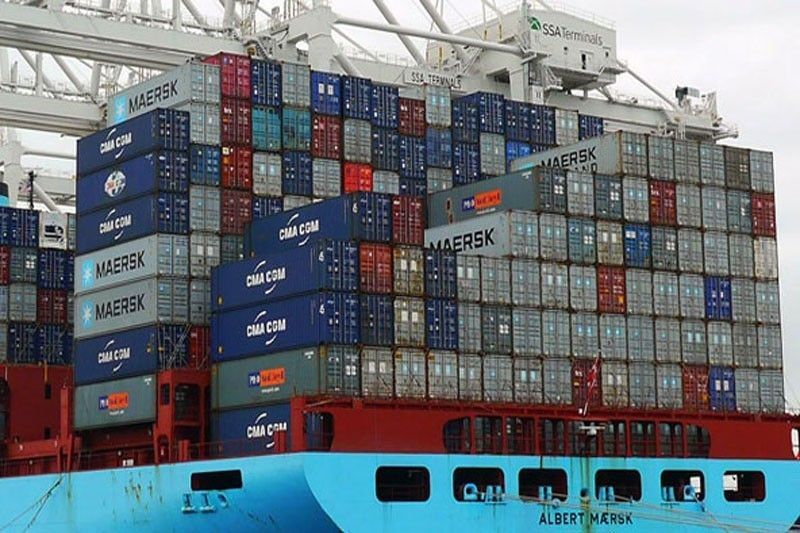Explainer: What is RCEP?

MANILA, Philippines — The Philippines joined the Regional Comprehensive Economic Partnership Agreement or RCEP on Tuesday. The Marcos Jr. administration lauded lawmakers’ swift ratification but questions remain.
Civil society, especially farmer groups, have opposed the entry into the trade pact, as questions on the Philippines’ readiness still abound.
What is RCEP?
It’s the largest existing trade bloc right now. The idea for this free trade agreement was drawn up at the 2011 Asean Summit in Indonesia, then negotiations were launched the following year.
The trade pact is projected to remove 90% of tariffs on imports from signatory countries within 20 years that the agreement is enforced.
Likewise, RCEP will establish common rules for facilitating e-commerce, trade, and intellectual property. This meant supporting international supply chains within signatory countries.
This free trade agreement will span 30% of the global population.
Before the Senate's overwhelming approval Tuesday, the Philippines was the last holdout to the trade deal.
Which countries signed on to join?
The Philippines joined the 15-member trade bloc following Tuesday’s move. In Southeast Asia, Brunei, Cambodia, Indonesia, Laos, Malaysia, Myanmar, Singapore, Thailand, and Vietnam already counted themselves as signatories. So did, China, Japan, South Korea, Australia, and New Zealand.
As it is, some of those countries are already the country’s largest trading partners.
What’s in it for the Philippines?
Experts are bullish that the move holds great economic benefits for the Philippines. Deborah Elms, executive director at the Asian Trade Centre, said joining the RCEP is critical for the country.
‘“We are facing a few years (at least) of likely economic restructuring. Firms are looking hard at their location, production and delivery structures. Many are poised to make adjustments and some changes will be quite significant,” she said in an email.
The cost of exporting Filipino goods to RCEP members will be lower, as is the case in the agriculture sector which competes with advanced South American countries. That’s what Domini Velasquez, chief economist at China Banking Corp, sees for the country’s entry.
“The biggest gain will likely be on the manufacturing sector, specifically deeper integration with manufacturing hubs, such as China and the rest of ASEAN,” she said in a Viber message.
“Increasing ties with Japan and South Korea will also incentivize companies from these countries to set up businesses in the Philippines, as RCEP will ultimately lower the cost of moving goods from one RCEP member to the other,” Velasquez added.
What happens to competition between RCEP countries?
Elms pointed out that competition could prove challenging at the start but she said the changes won't happen fast, especially for the Philippines.
“I don’t think RCEP will result in immediate competition pressures for most firms, as the Philippines is already well connected via a range of existing trade deals,” she said.
On the other hand, Velasquez said domestic firms will find this challenging as competition will inevitably heat up.
“Improving the productivity of our agriculture and manufacturing sectors is vital in maximizing gains from this trade pact,” Velasquez added.
That will not be a permanent state of affairs, considering that markets will find a way to sort itself out. To this end, Elms agreed with Velasquez’s assessment.
“As the RCEP commitments deepen over time, it will make trade in Asia for Asian final markets more attractive. That will require many companies to work harder to remain competitive,” she said.
Criticism?
Agriculture stakeholders long voiced their opposition to the Philippines joining this trade bloc. Groups lamented it would inevitably unleash market forces on the economy, considering food production in the country is woefully dependent on imports to address spikes in demand. Any gains, they said, could prove marginal.
Likewise, farmers selling their goods and wares within the free market will need to compete with advanced economies. These countries, such as Indonesia and China, already benefit from inclusive policies and infrastructure put in place by past administrations.
India withdrew from the agreement in 2019 over concerns about cheap Chinese goods entering the country, but may opt to join at a later date. — with reports from AFP
- Latest
- Trending

































